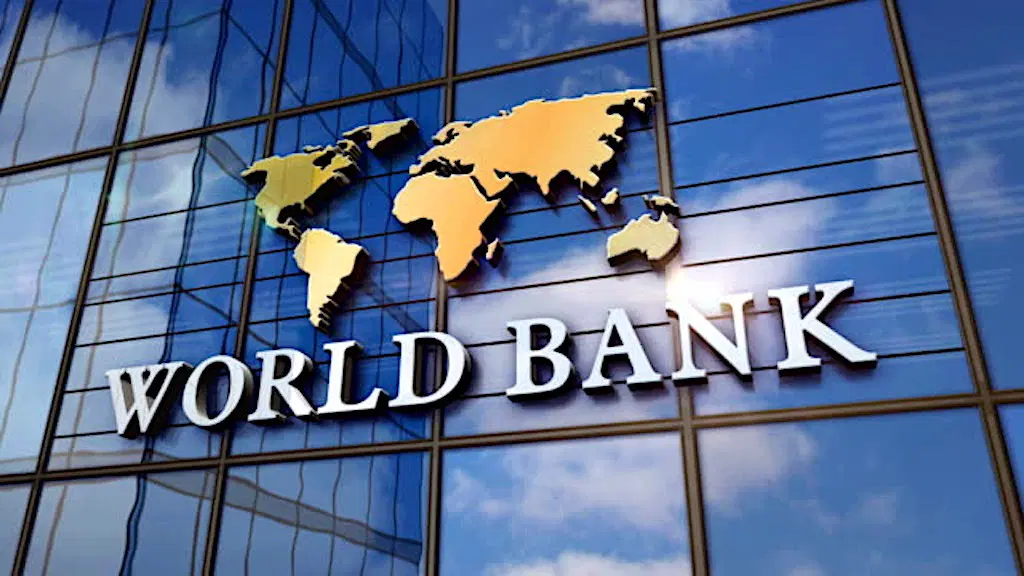The Group of 24 (G-24) has called for comprehensive reforms of the International Monetary Fund (IMF) and the World Bank to better address the needs of developing and emerging economies. This demand was made during the ongoing IMF/World Bank Annual Meetings in Washington, DC.
Mr. Ralph Recto, Secretary of Finance for the Philippines and Chairman of the G-24, emphasized the need for the Bretton Woods institutions to become more agile and responsive to the rapidly evolving global economic landscape. He was joined by First Vice-Chair Luis Caputo, Argentina’s Minister of Treasury, and Second Vice-Chair Wale Edun, Nigeria’s Minister of Finance and Coordinating Minister of the Economy.
The G-24 proposed four key reforms:
- IMF Support for Short-Term Liquidity Crises: The group urged the IMF to create mechanisms that would provide timely assistance to countries with strong economic policies but facing temporary liquidity challenges.
- World Bank Funding: The World Bank was encouraged to adopt a more ambitious approach to both concessional and non-concessional funding to achieve inclusive and sustainable development by 2030.
- Sovereign Debt Resolution Reform: The G-24 stressed the need for a reformed Sovereign Debt Resolution system to ensure swift, sustainable, and comprehensive debt relief for member countries.
- Increased Representation for Developing Nations: The group called for greater representation and voice for developing countries in both the IMF and World Bank to make the institutions more inclusive and fair.
The G-24 also praised the recent steps taken to address climate-related risks and public debt in the Low-Income Countries Debt Sustainability Framework (LIC-DSF), as well as the approval of the use of Special Drawing Rights (SDRs) to enhance lending capacity.

